How To Help Your Child To Be Ready for School
Education is a lifelong process. Parts of our education happen outside of school, such as those things we learn from our family and through life experience. School is just one important part of life that contributes to an effective, well-rounded and holistic education.
We tend to think of school as mostly encompassing the academic elements of learning. Certainly, literacy and numeracy, science, physical education and the arts are major parts of the curriculum for most of us. However, school is also a significant period in the life of each child that, in addition to the academic, provides learning in the areas of social skills, conflict resolution, problem solving, resilience and creativity.
13 years is a long time to be in school, especially if you don’t like it or find it difficult among academically, socially or generally. If you leave early, it’s often fraught with difficulty and disappointment. If you stay on till the end unhappily, that doesn’t really equate to your education have been a meaningful part of life’s journey.
If success in school was measured only by achieving a great score at the end-of-year exams and getting into university, then, most probably, the issues associated with readiness would not be so great or significant.
From time to time, researchers attempt to measure the readiness of students based upon academic scores. However, these studies totally miss the point. It is not just what score a child attains that makes a successful educational experience; it is also the quality of the journey, the sense of self, the self-esteem, the friendships and social experiences, and the child’s enjoyment of the learning process.
Thrive, not just cope
School Ideally, a child’s 13 years of school should be filled with experiences and feelings of achievement, satisfaction, meaning, purpose, motivation, engagement and happiness.
Certainly there will be challenges along the way, and aspects of school life that may bring with them particular tensions or difficulties from time to time. But childhood, learning and school life should never be undertaken in what scholar often call ‘catch-up’ mode or ‘just coping’ mode.
School life overall, we hope, will be filled with a sense of ‘I can’, ‘I am liked and respected’, ‘I can contribute’, ‘I can learn’, ‘I can fully participate’, ‘I am generally on top of things’.
Being ready for school is critical because we don’t want children just to cope, to require constant additional supports, to disengage, to find it too difficult and challenging, to develop an attitude of ‘not liking school’, or to find school life either socially or academically ‘hard work’.
Readiness is an important issue because it helps all of us – parents, educators, and children themselves – to remember that school life must ensure optimum opportunities for children to feel secure, to develop attitudes that are positive about themselves as a learner and as a human being, and to remember that the quality of the journey, not just the final academic outcome, is paramount.
There are some general points that are worth reflecting on in an attempt to gain a broader perspective on readiness for school.
Life and learning is not a race. There is no prize for the person who gets on the conveyor belt of the school system first and neither is there a prize for the one who gets off first at the other end of secondary schooling. There is not one ‘best’ time for starting school that suits all children.
Readiness is about looking at the individual child. Not all children will be ready at the same time. Deciding on the ‘right’ time for a child to commence school requires deep consideration. It’s not a decision that should be rushed.
School life needs to be a fulfilling, rewarding and happy experience for all children. Children need to be able to make the most of learning opportunities and experiences.
Playing constant ‘catch-up’, either socially, emotionally or academically, is hard and stressful for children and parents. Children need to be ready to take on challenges, to reach goals, to solve problems, to be as resilient as possible.
The quality of the journey, not just the end result, is extremely important. Every child is different.
Okay, how can I help my child to be ready for school?
There are many things you can do to help your child prepare for school life. Often parents assume that preparation is only about preparing the child, getting them to practice writing or counting and getting out of bed on time.
However, preparation for school is much broader than that and actually doesn’t include practice in any formal aspects of learning. In the months leading up to starting school, the whole family moves through a stage of preparation and transition.
It is often said that starting school is one of life’s major transitions. It is certainly a time of significant change. As parents you might be struck by how your preschooler has suddenly grown up and is entering the next phase of their education, a period that will last up to 13 years. Seeing them with their school bag and uniform is often a big moment in a parent’s life, when it starts to really kick in that those toddler and preschool years are almost at an end.
The 3 or 4 months leading up to starting school can be a great time of reflection for a family, not just focused on the practicalities of uniform, school bag and https://spielgaben.com/wp-content/uploads/2024/11/chlidrens-simple-art-768×767-1.webpistrative matters, but for thinking more broadly about family life.
Starting school can provide opportunities for you to think about a range of lifestyle issues that will not only help your child in the initial transition to school, but also assist with successful and sustained learning throughout their school years.
Encourage your child to practice dressing himself. For school they will need basic self-help skills, such as the ability to put on their shoes, pull up their pants, take off their jumpers.
Tying shoelaces may be a skill that they acquire a little further down the track, but practice at basic dressing skills and self-help skills is important.
Encourage your child to carry their own preschool bag to and from preschool in the last term, if they don’t already do that. They need to start taking responsibility for their belongings and to try to remember what things they need to collect at the end of the day.
Try to attend transition and familiarization sessions at the school your child will be attending in the year before school starts.
Familiarize your child with their new belongings, for example, their drink bottle, lunch box, school bag and uniform. Practice getting dressed in their uniform and make sure they feel comfortable in it. Put some distinct ribbon or mark on their school bag so your child can easily identify it.
Remember, everything will be new during those first few days of school. Anything you can do to familiarize your child with their belongings will help make the transition stage easier.
Try not to over-excite your child about starting school, for example, by counting the number of sleeps weeks in advance. Be matter-of-fact, positive and enthusiastic. Sometimes children become so worked up that it all seems like a bit of an anticlimax after the first day.
Word up your extended family – grandparents, aunties and uncles – and ask them to be positive but not over-excited about the school issue.
Avoid telling your child that when they go to school they will learn to read and write, for example. Many children assume that means they’ll learn it on day one and will come home saying things like, ‘My school is no good. We haven’t learned to read yet.’
Be realistic about what they should expect. Some parents didn’t enjoy their school years and have negative memories. Even if this is the case, try always to be positive and confident about school so that your child enters school in a positive frame of mind.
Preparation for your family (3 month prior school)
There are lots of things you can do within your family to ensure that as many things as possible are in place to help your child not just settle in over the first term, but continue to embrace, enjoy and make the most of their school experience.
Listed below are some points that may be helpful to think about as part of your preparation as your child starts school. Of course most of these points also apply once your child is at school.
Children will learn and embrace school life fully if they are well rested. Establish a bedtime routine (if you haven’t already) with a regular time for going to bed. Children at this age still require on average 10–11 hours of sleep.
Establish morning and afternoon/evening schedules that your child can follow, for example:
Morning
- get up
- get dressed
- pack kinder/school bag
- have breakfast
- clean teeth
- have a play
- go to kinder/school.
Afternoon/evening
- have a play outside
- read with parent/carer
- have a bath
- get into pyjamas
- eat dinner
- clean teeth
- go to the toilet
- read with parent
- go to bed.
Key Routines that help both children and parents at the beginning and end of the day
Limit screen time. There is so much screen time in our children’s lives these days: games, movies, TV and computers. Young children need only limited time with these, particularly during the week. Try limiting screen time in total to one hour per day. Children need lots of time to play outside, to talk, to be creative and use their imaginations. These kinds of activities help to stimulate the brain and fire up all those neurons ready for learning. Also try to avoid TV in the mornings.
Avoid putting TVs and computers in your child’s bedroom. The patterns you set now in relation to the use of electronic devices will help immeasurably once your child becomes a teenager.
Ensure that the computer, TV, games consoles and other electronic devices are used in public in a shared part of the house rather than your child hiding away in their room.
Establish regular times to spend together as a family, modelling language and conversation. Spending time around the meal table, walking to a park, and talking and listening to each other are all very important ways not only to build strong relationships between family members but also to help develop your child’s oral language. Oral language refers to our skills in the areas of conversation, vocabulary, sentence construction and comprehension.
Children learn to read and understand what they read if they have strong oral language. Always ensure your child asks for things in full sentences. You can prompt them, for example, when they say, ‘Can I have that?’ as they point to something, you can reply with, ‘Tell me what it is you want.’
Ensure that books, newspapers and magazines are part of your household so your children are comfortable with them and used to reading being part of everyday life.
Encourage your child to have a few jobs around the house, if they haven’t already, that benefit the whole family. In school, children need to help each other out and will be given specific jobs and roles throughout the year. At home, they could set the table for dinner or collect the mail from the letterbox. These tasks help build a picture in a child’s mind that the world doesn’t just revolve around them, and it helps to get them thinking about their family and community.
Ensure you allow time in the mornings to get ready for kinder/ school and arrive on time. Punctuality is very important, not because schools want to run like the army but because settling into learning and having a productive day are greatly influenced by how the day starts.If a child rushes in late, they often disrupt not only themselves but other children. It’s a good idea to allow an extra twenty minutes on top of what you think you will need, as life with young children, and toddlers and babies in tow, often means something unplanned will happen before you leave the house. It is preferable that children arrive at least 5–10 minutes before the first bell at school so that they have time to settle, to meet friends, to put their bags away and be ready for the day.
Transition programs
Another important aspect of preparation for school is the transition process that is conducted by schools. Transition refers to a change process. Moving from preschool to school is viewed as a significant transition in a child’s life.
The main aims of school transition programs are:
to familiarize children with what school looks like to assist with a smooth start to give parents information about their child’s schooling, both in relation to teaching and learning as well as the practicalities of uniforms, fees etc. for teachers to start to get to know the children to provide an opportunity for teachers to speak with parents.
Transition programs involve some key elements:
communication between the parent, child, preschool teacher and the school teacher who will have the child the following year visits to the school for the child and parent, usually at least three times in the final term of preschool.
Here are some of the various ways schools run their transition sessions.
Three visits in the last week of term before commencement of school.
This is a fairly common approach. At these visits children are often in their new classroom (not always with the actual teacher they will have). The children participate in games, activities or read stories, while the parents attend a series of talks, which may include subjects such as being a parent helper, school uniform and other practicalities, or an overview of the teaching and learning approach that is used in the school.
Visits during the final two terms
These visits are similar to the final-term visits as described above but are spread out over a longer period of time.
Visits throughout the year
While not as common, some schools provide ongoing activities throughout the year for children to attend if they and their parents wish to. Examples include a storytelling session in the library each month, a playgroup once a month, or a range of general activities that the parents and children can attend together.
Informal visits throughout the year where the preschool is on the same site as the school
Lots of preschools are situated on the same grounds as the elementary/ primary school. This offers one of the most effective ways for children to make the transition to school. They become familiar with the school throughout the year, they see the teachers regularly and transition becomes fairly straightforward – as simple as moving from one learning space to another in the same building or on the same site.
It is a productive thing for schools to hold some form of familiarization and information sharing for children and parents. However, it can be confusing for some children. Generally, a few visit of short duration in the term before commencing is enough for most children.
However, schools that offer additional programs throughout the year to toddlers and preschoolers, such as storytelling, games and activities, are also a great source of support and additional learning experiences for young children and their parents.
Working parents can find the transition visits a bit tricky to organize and arrange at times, so it is worth finding out as soon as possible when they are so you can organize some time away from work or arrange for someone else to attend with your child.
Things to do in the month before school starts (during the holidays)
Some parents find the time leading up to the first day of school quite emotional. Some parents feel sad or overwhelmed with the realization that their young child is about to start school.
Avoid saying things like, ‘I’m going to miss you. Are you going to miss me?’ Children should move into school with confidence, and if they sense that their parents are emotional or teary, they may start to feel uncertain or questioning about school.
Try to contain your emotions in front of your child. You don’t have to start teaching your child to read, write and count before they start school.
As long as you are reading regularly to your child, pointing out aspects of informal literacy and numeracy, such as colors, words and numbers you see in everyday life, talking with your child and encouraging them to talk and use full sentences, it is unnecessary to start the formal aspects of learning literacy and numeracy with your child.
If they ask you to write something, always write it in lower case starting from the left side of a page.
If it’s permitted, walk through the school grounds during the holidays. Point out toilet blocks and different playgrounds and buildings. Give them time to play on the equipment and help them to feel comfortable and familiar with their new school.
Drive or walk past the school and follow the route you will use to get there so your child is familiar with how they will get to school.
If you have a son, take him to a public toilet so he is used to using and seeing a urinal. It may sound funny, but it is one of the things that can faze a young child when they first get to school if they haven’t ever used or see none before.
On the first day and during first term
If you work, try to plan to take a few days off during the first week. It’s great to have the family attend school on the first morning of the first day. After all, there will never be another first day of school.
On the first day, and every other day, ensure you say goodbye to your child and don’t sneak off. Some children do experience separation anxiety, and if you expect this will occur or if it has happened during their preschool year, notify the teacher before school starts, if you can. This way, a plan can be agreed on between you and your child’s teacher to ensure a smooth and happy start.
It is sometimes tempting for parents to think, ‘I’ll sneak off now that they seem occupied and distracted so they won’t notice and it won’t upset them.’ Believe us, once they do notice it’s likely to be twice as difficult.
In addition, you don’t want your child to think that school is a place where people are sneaky or that the school/teacher cannot be trusted. When the teacher says it is time to leave, trust their judgement.
Most teachers of school beginners are expert at helping children settle in and know when and how to get the parent to leave without too much upset for the child.
The good news is that schools are much more parent-friendly than they used to be. Parents are invited in to share the first few minutes and to help settle their child. Parents are not locked out of the classroom like they used to be.
If you leave your child and they seem distressed, be re-assured that schools will always call a parent back to the school if the child does not settle quickly or becomes stressed.
Most schools have a crying room for parents on the first day, but try to contain your emotions in front of your child.
There’s usually a morning tea for parents to meet other parents and to start to get to know the school. Some parents go to cry; others go to celebrate!
Ensure your child eats well and avoid sending along treats and junk food to school. Try to stick to healthy food for snacks and lunches. Schools will usually suggest what sorts of food to send along. Water is preferred these days for drinking.
Even children who have attended long hours in childcare find the start of school exhausting. Little children need lots of rest. If they’re exhausted, not only will their behaviour become more challenging, they won’t have the energy to learn and make the most of their school day. Expect them to be tired and to regress in behaviour.
We know this is not something to look forward to but it is inevitable. Many parents will have the teacher telling them how well behaved and settled their child is during the year, but they will find their child’s behaviour at home becomes more erratic and difficult for a period of time. This is because most kids hold things together at school and let it all hang out with exhaustion when they get home.
This is why limiting extra-curricular activities and ensuring a regular bedtime and lots of sleep is so important. Ensure your child still has lots of time to play after school and some down time. School is action packed and it is lovely to encourage your child to play and relax after school.
Towards the end of term one, after your child has settled well and things seem to be going smoothly, you may find they will wake up one day and say, ‘I don’t want to go to school anymore’ or ‘I have a pain in my stomach’. This can come as a shock for parents who thought everything was going well. Rest assured, in most cases they are.
What happens is that your child is starting to get tired. The same old routine of getting up, getting ready and going to school can start to take its toll for a period of time. This is what we refer to as a hiccup – a usually short period of time where your child may grumble a bit about school and sound like they really don’t want to go anymore. It is as if they have suddenly worked out that school isn’t just for a short time but for a very long time.
Alert the teacher to the fact that your child is going through this tiredness stage, and continue to send them to school unless they really are exhausted or unwell.
This will help to establish the understanding that regular attendance is important. Regular attendance at school provides continuity and predictability, builds resilience and establishes a pattern in life that while we don’t always feel like or want to do some things, sometimes we still have to. It also means children do not become behind or miss out on developing specific skills.
Best of Luck
Ensuring your child is ready, helping to prepare them and yourselves as a family, and participating in school transition programs are all very important and significant factors that will contribute towards a child not just coping at school but thriving and flourishing.
The responsibility for the education of a child is shared among a range of significant people and events throughout a child’s life. Establishing good relationships between the child’s preschool, school and parents ensures that all the people responsible for the learning and life of the child are communicating, sharing and working together in the best interests of the child.
We wish you and your child best of luck with your child’s schooling. Please Note: education should not be like a conveyor belt where we are in a rush to get on as early as possible, move as fast as we can along the ride and then get spat out the other end as quickly as possible. Anything worth doing, especially the education of a child, is worth due consideration, wisdom and time.
Further Reference: Ready, Set, Go? By Kathy Walker, 2011


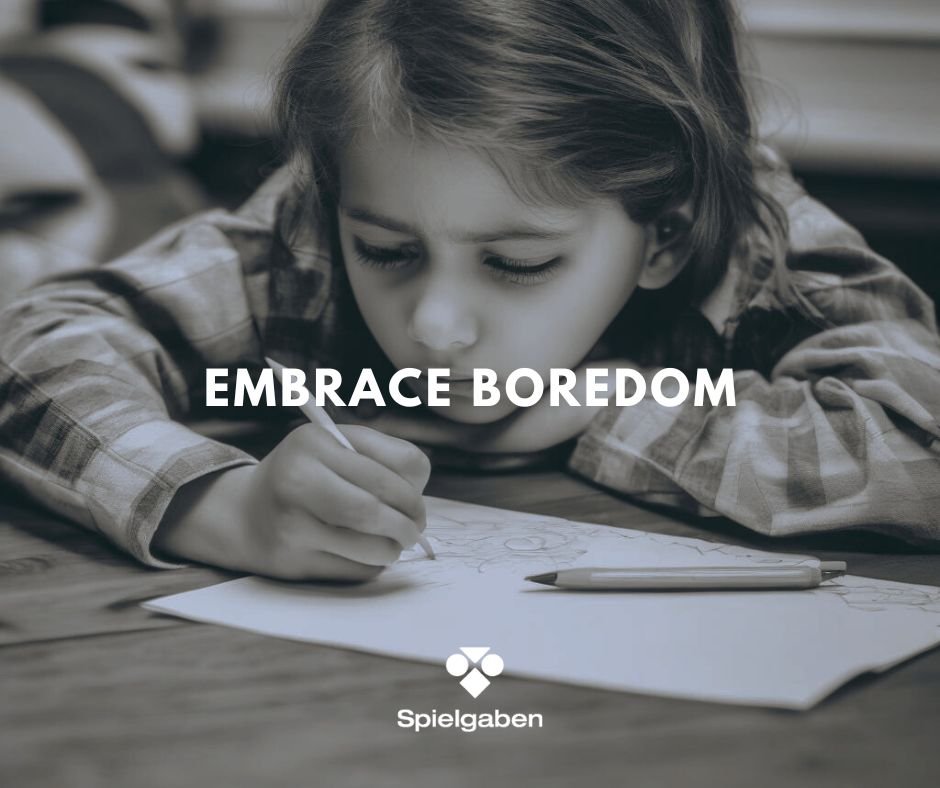

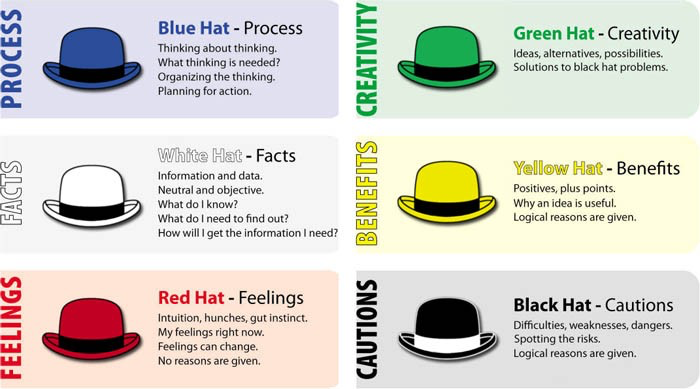


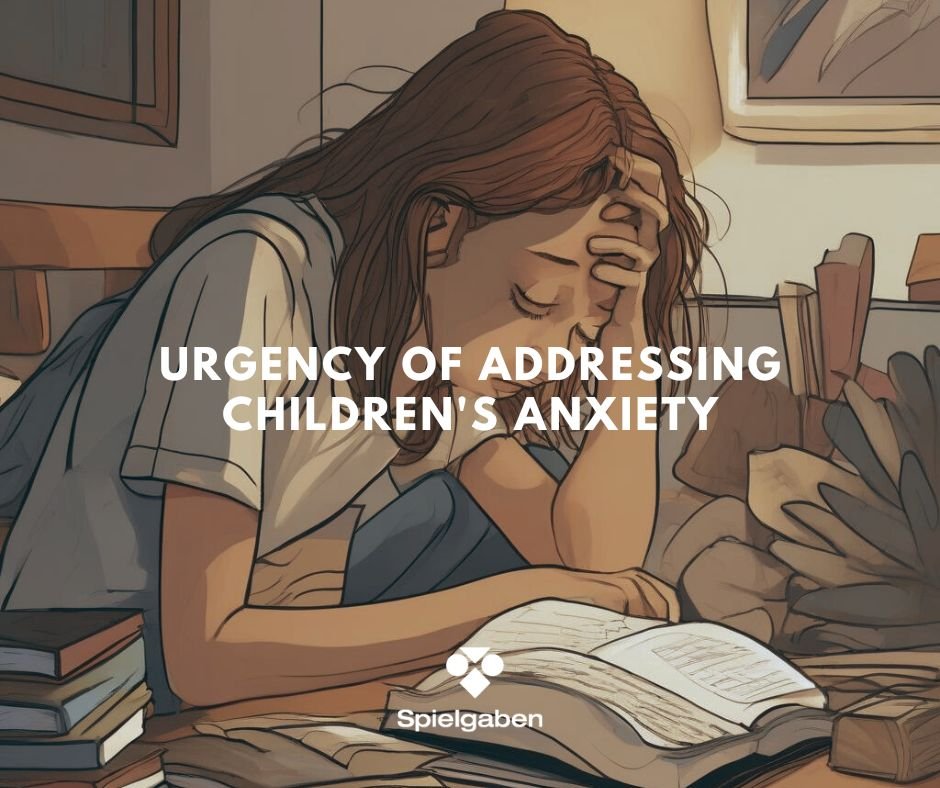
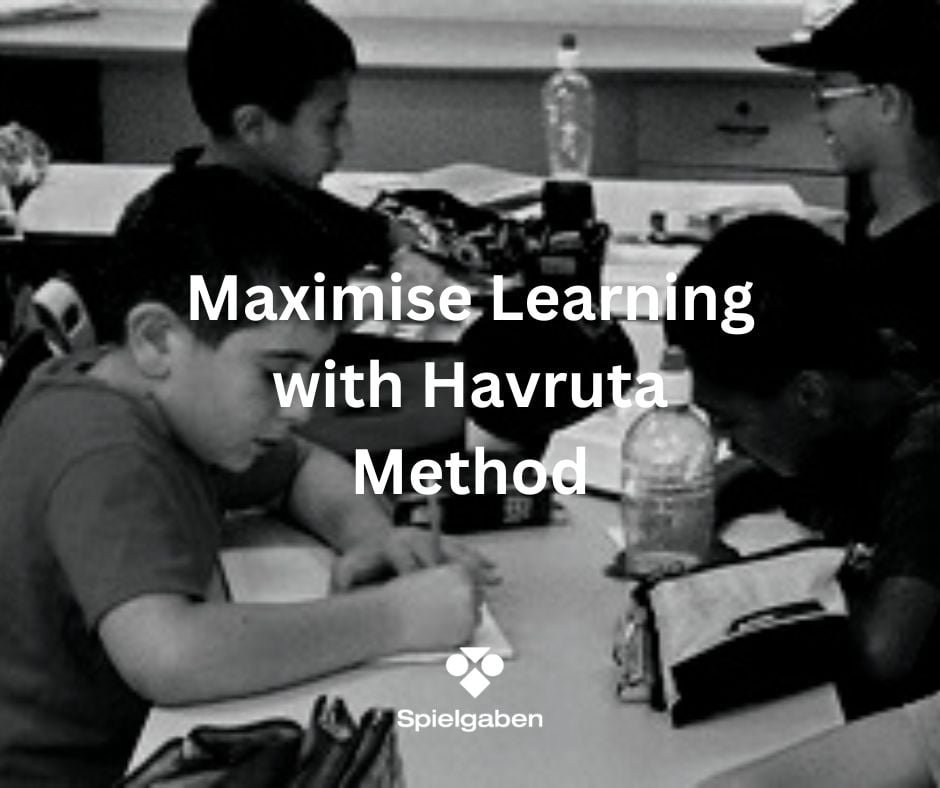
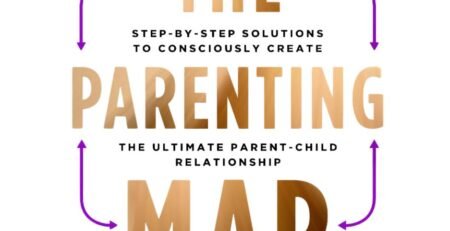
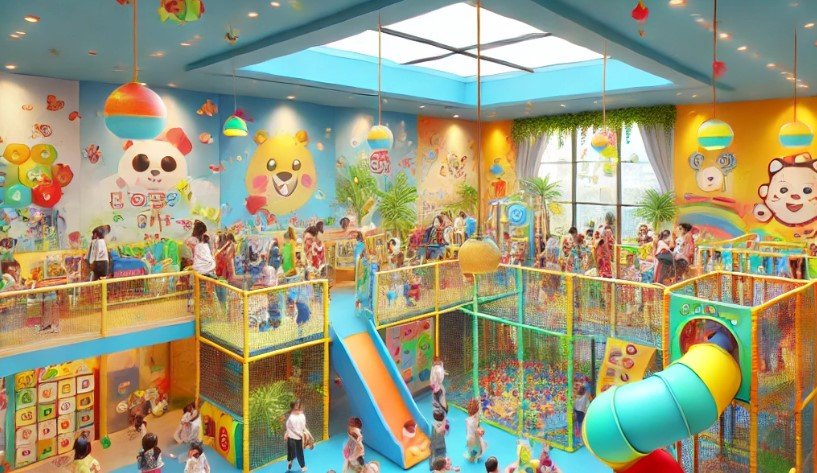


LEAVE A COMMENT